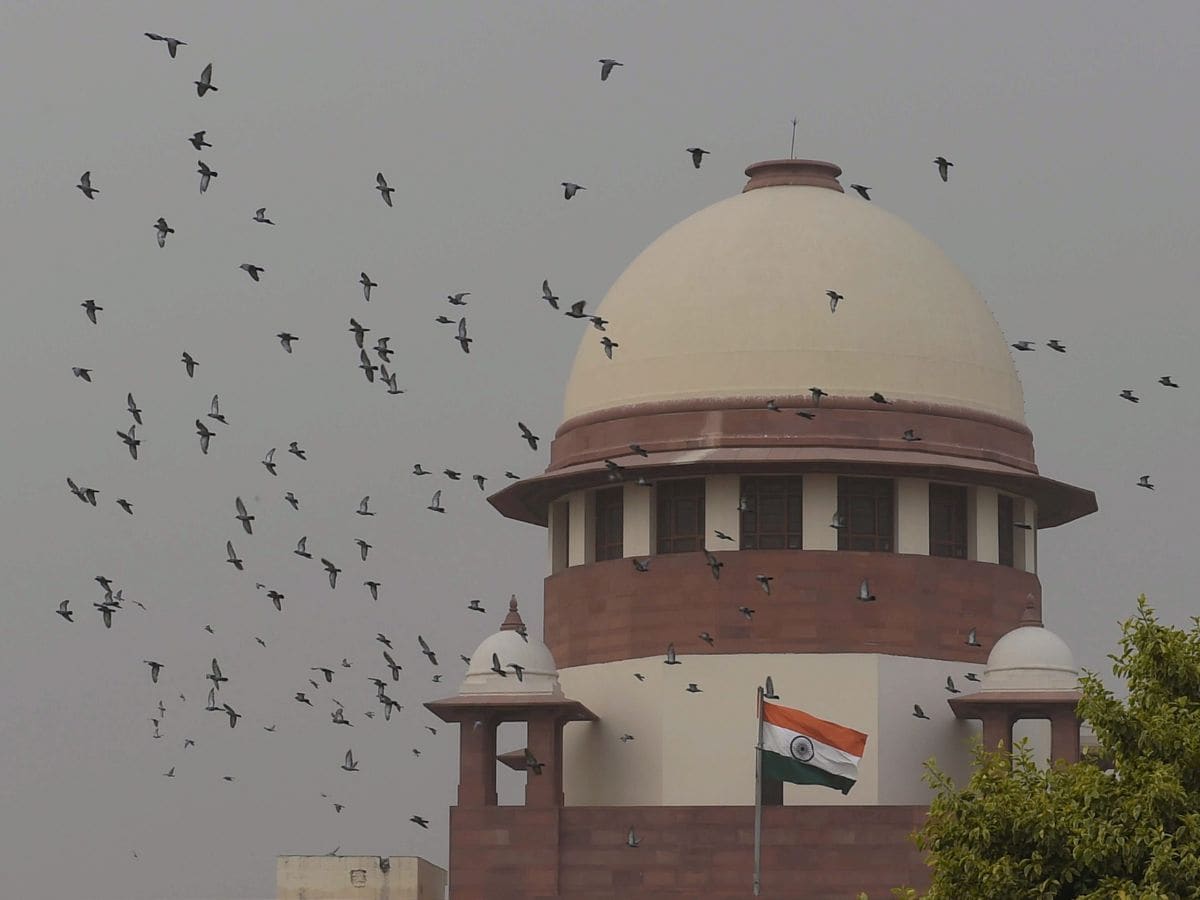
New Delhi: The Supreme Court is scheduled to hear on Monday a public interest litigation seeking a court-monitored investigation into the electoral bonds scheme.
A bench comprising Chief Justice D Y Chandrachud and justices JB Pardiwala and Manoj Misra is likely to hear the PILs filed by NGOs Common Cause and the Centre for Public Interest Litigation (CPIL).
The PIL of the two NGOs alleges an “apparent quid pro quo” between political parties, corporations and investigative agencies.
Terming the electoral bonds scheme a “scam”, the plea sought a direction to authorities to investigate the source of funding of “shell companies and loss-making companies which made donations to various political parties, as has been disclosed by the data released by the Election Commission (EC)”.
The petition has also sought a direction to the authorities to recover the money donated by companies as part of “quid pro quo arrangements where these are found to be proceeds of crime”.
A five-judge Constitution bench had on February 15 scrapped the electoral bonds scheme of anonymous political funding introduced by the BJP government.
Following the top court’s judgement, the State Bank of India, the authorised financial institution under the scheme, had shared the data with the EC, which later made it public.
The electoral bonds scheme, which was notified by the government on January 2, 2018, was pitched as an alternative to cash donations made to political parties as part of its efforts to bring in transparency in political funding.
“The electoral bond scam has a money trail unlike the 2G scam or the coal scam, where allocations of spectrum and coal mining leases were arbitrarily made, but there was no evidence of a money trail. Yet this court ordered court-monitored investigations in both those cases, appointed special public prosecutors and formed special courts to deal with those cases,” the plea said.
It claimed that several firms which were under investigation by agencies have donated large sums of money to the ruling party, to potentially influence the outcome of probes.
